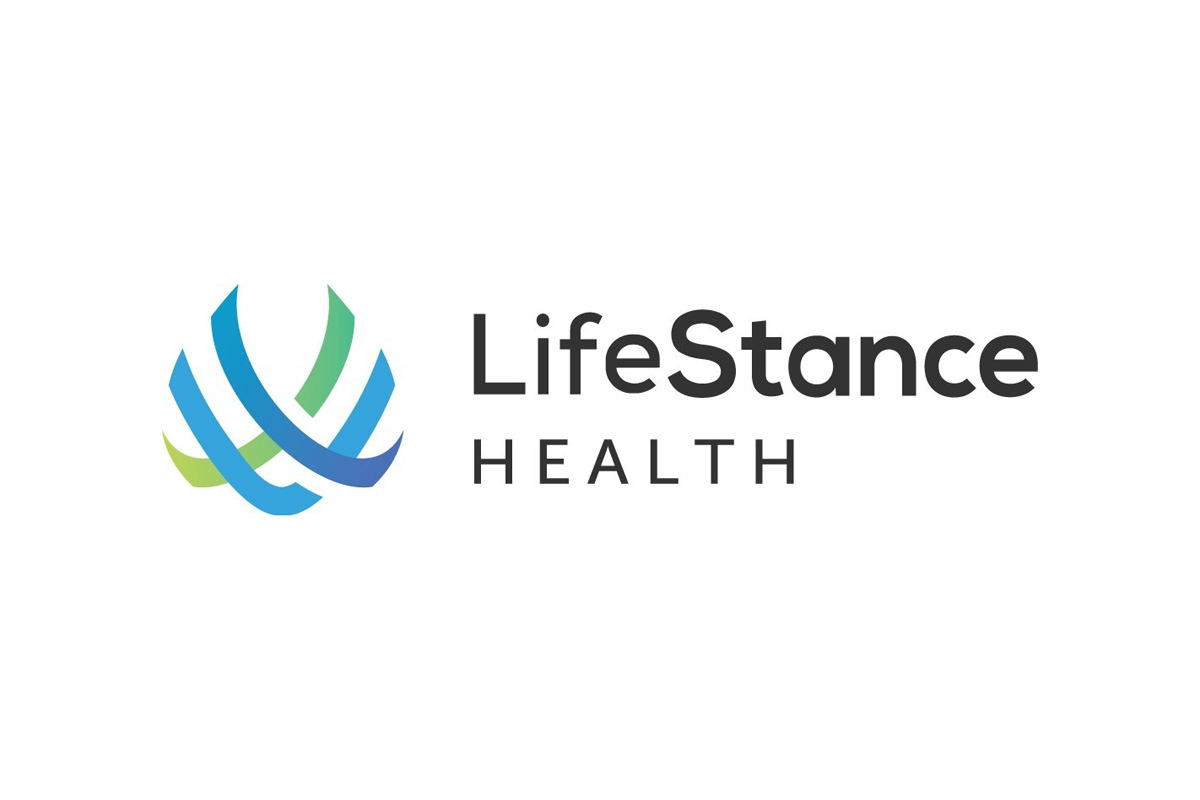LifeStance Health (NASDAQ: LFST), one of the nation’s largest providers of outpatient mental health care, released its State of Youth Mental Health Report, a nationwide survey by LifeStance with OnePoll that explores how parents are addressing their children’s mental health. The survey of 2,000 American parents found that the majority are grappling with the mental health implications of the pandemic on their children and looking for solutions.
“When a child is experiencing a physical health condition, most caregivers don’t think twice about reaching out to their pediatrician. Yet, emotional issues in children can be trickier to spot and, understandably, some parents may not know how or when to involve a mental health professional,” said Dr. Anisha Patel-Dunn, Chief Medical Officer, LifeStance. “Mental health should be treated no differently than physical health—they’re incredibly intertwined, and both play a critical role in children’s wellbeing and development.”
Key takeaways from the survey include:
- The majority of children have dealt with mental health issues during the COVID-19 pandemic: 68% of parents have seen their children face significant mental and emotional challenges, including heading back to in-person school (44%), adjusting to remote learning (38%) and grieving the loss of loved ones (28%). Half of parents believe that missing life milestones as a result of COVID restrictions, including participating in graduation ceremonies and birthday parties, has negatively impacted their children’s mental health.
- Children’s stress affects the whole family: 77% of parents said they feel stressed in response to their children’s mental health challenges. Parents are also facing their own mental health challenges during the pandemic; the leading challenges included work (45%), school (41%) and making new friends (36%).
- Parents are seeking support to cope: 63% of parents have sought a therapist for themselves, their children or entire family. Parents cited their child’s lack of socialization (47%), symptoms of depression or anxiety (45%) or losing interest in their favorite activities (40%) as the top reasons they sought therapy for their child. It takes the average child five therapy sessions before they start to feel comfortable with their therapist.
- The pandemic has encouraged the destigmatization of mental health: Eight in 10 parents who have sought help said their family talks openly about their therapy sessions, and 37% believe that therapy has helped them feel closer to their family than ever before. Half of parents talk to their child about mental health at least a few times a week, if not daily.
To access the full State of Youth Mental Health Report click here.
To further support the destigmatization of mental health and improve access for youth, LifeStance Health Foundation, an organization endowed by LifeStance, has awarded grants to non-profits that directly serve youth and adolescent populations, including:
- American Foundation for Suicide Prevention, benefitting the “It’s Real: College Students and Mental Health” program, which is designed to raise awareness about mental health issues commonly experienced by students and is intended to be used as part of a school’s educational program to encourage help-seeking.
- Peer Health Exchange, in support of its schools-based program, which has reached more than 150,000 students and directly serves mental health access for youth and adolescents in underrepresented communities.
- Hillsboro Schools Foundation, to increase access to mental health services for K-12 students.
“LifeStance Health Foundation is committed to expanding access to mental healthcare among at-risk populations and directly addressing the alarming increase in young people struggling with their mental health,” said Felicia Gorcyca, Director, LifeStance Health Foundation. “We’re honored to partner with organizations that share our vision of a truly healthy society where mental and physical healthcare are unified to make lives better.”








Leave a Reply